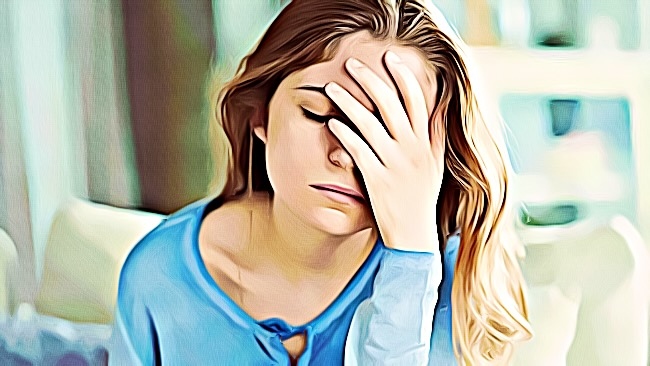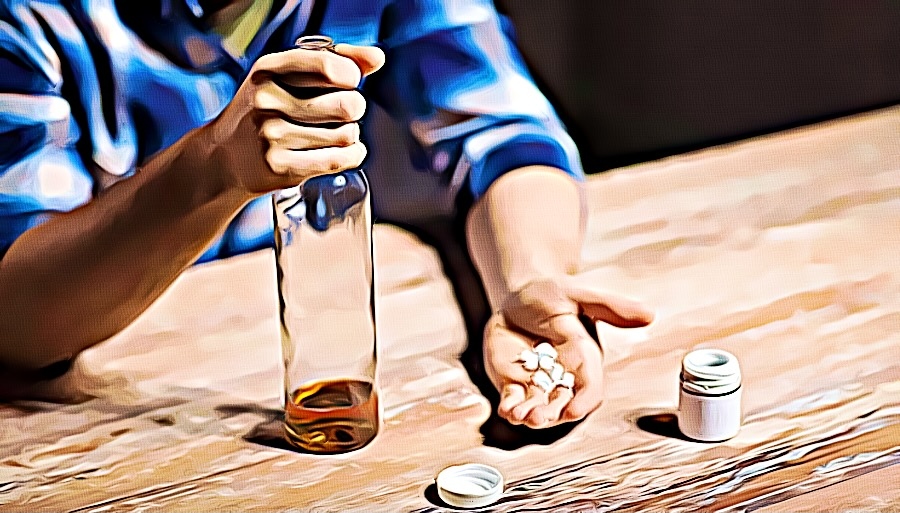Muscle relaxants are a class of medications used to treat muscle spasms and discomfort. They can be recommended to assist in relieving the symptoms of illnesses like back pain, neck discomfort, and tension headaches.
Alcohol should be avoided if you’re using a muscle relaxant. Continue reading to learn more about muscle relaxants and why they shouldn’t be used with alcohol. Find out what to do if the two have already been combined.
Why Do People Mix Muscle Relaxants and Alcohol?
Even when alcohol and medication are not consumed simultaneously, according to the National Institute on Alcohol Abuse and Alcoholism, they can interact in hazardous ways. This includes combining muscle relaxers with beer. Sex and age are two other characteristics that may raise the risk of alcohol-muscle relaxant interactions.
The use of muscle relaxants on a regular or purposeful basis is a symptom of drug addiction or misuse. Do muscle relaxants get you high? Yes, they have been observed to create euphoric highs ranging from mild to extreme.
Alcohol boosts the high that may be obtained from an alcohol-muscle relaxant combo.
A study on prescription medication usage among adults was issued by the Substance Abuse and Mental Health Services Administration. Prescription tranquilizers are included in the research, as are muscle relaxant medications.
The top two motivations for misuse prescription tranquilizers, according to the informants, were to relax and sleep better.
When alcohol and muscle relaxants are mixed, both medications’ central nervous system depressing effects are amplified. The risk of an overdose is reduced as a result.
Alcohol may also reduce the effectiveness of prescription muscle relaxants in some circumstances. The same might be said about over-the-counter muscle relaxant options. As a result, the person will likely increase the dosage or frequency of ingestion, increasing the danger of a muscle relaxant overdose.
The Dangers of Combining These, As Well As the Adverse Effects
Some people resort to alcohol for little pain alleviation when they have muscle discomfort or spasms. While alcohol may have some pain-relieving properties, using muscle relaxants while drinking is not recommended. Muscle relaxants should not be used with alcohol in general because of the risk of serious side effects.
Muscle relaxers, also known as muscle relaxants, are drugs used to treat acute muscle discomfort and spasms.
Muscle relaxants include the following:
- Baclofen (Baclosan)
- Carisoprodol (Soma)
- Chlorzoxazone (Parafon Forte)
- Cyclobenzaprine (Flexeril)
- Metaxalone (Skelaxin)
- Methocarbamol (Robaxin)
- Tizanidine (Zanaflex)
While these drugs have slightly distinct mechanisms of action, they all result in muscular pain alleviation or relaxation.
Additionally, benzodiazepine drugs such as diazepam (Valium) are approved as muscle relaxants. However, they are frequently ineffectual and have a large potential for addiction.
Side Effects of Alcohol and Muscle Relaxants
Most patients get pain alleviation or muscle relaxation within thirty minutes of taking medicine, with the benefits lasting four to six hours. However, pain alleviation is frequently accompanied by negative side effects.
When muscle relaxants are used with alcohol, the negative effects are exacerbated. Alcohol and muscle relaxants have comparable effects on the central nervous system.
Alcohol can exacerbate the frequent negative effects of muscle relaxants, causing symptoms such as:
- Breathing that is slow or shallow
- Excessive drowsiness
- Fatigue
- Confusion
- Severe dizziness
- Motor control issues
- Strange behavior
- Issues with memory
- Dry mouth
- Constipation
- Nausea
Some of the worst negative effects of drinking while taking muscle relaxants are as follows:
- Distorted eyesight
- Retention of urine
- Fainting or low blood pressure
- Damage to the liver
- Seizures are more likely to occur
- Overdosage danger
- Possibility of addiction
Driving on muscle relaxants is difficult enough, but adding alcohol worsens.
Certain muscle relaxants, such as carisoprodol, are also addictive. Significant adverse effects might occur when addictive muscle relaxant medicines are used with alcohol.
Muscle relaxants and alcohol both depress the body in comparable ways; thus, their combined usage can result in delayed or shallow breathing, which can cause brain damage or death. An overdose is a medical emergency, so get medical attention right once if you suspect one.
Overall, mixing alcohol with muscle relaxants has serious adverse effects, can be addictive, and raises the chance of overdosing.
What Happens If You Combine These?
Mixing muscle relaxants with alcohol might intensify the effects of muscle relaxants, which isn’t always a good thing.
This can result in potentially life-threatening symptoms, such as:
- a feeling of lethargy or exhaustion
- light-headedness or dizziness
- sluggish breathing
- a lack of coordination or motor control
- issues with memory
- seizures are more likely
- a higher chance of overdosing
Furthermore, both alcohol and muscle relaxants have the potential to become dependent. Long-term usage of one or both of these substances may raise your chances of becoming addicted.

Is It Okay to Combine These?
No. Why is it a terrible idea to combine muscle relaxants with alcohol? The explanation lies in the physiological effects of muscle relaxants and alcohol.
Alcohol and muscle relaxants both depress the central nervous system. They operate by slowing down brain activity, slowing your respiration and heart rate. They can also make you tired or peaceful.
Combining muscle relaxants with alcohol, which both have a depressive effect, can have a compounding effect on your body. This implies that when you consume alcohol, the negative effects of muscle relaxants, such as sleepiness or dizziness, might be amplified.
What Should You Do If You’ve Already Mixed Them?
Stop drinking immediately if you’ve combined muscle relaxants with alcohol. To be safe, it’s better to consult a doctor immediately, especially if you’ve had more than one drink or don’t drink frequently.
Remember that alcohol can amplify the effects of muscle relaxants, and mixing the two can raise the danger of overdosing.
Seek medical support or addiction treatment right away if you experience any of the following:
- being incredibly exhausted
- vomiting or nausea
- sluggish breathing
- experiencing extreme exhaustion
- significant mobility or coordination problems
- irregular heartbeats, such as palpitations or arrhythmias
- confusion
- extremely low blood pressure
- seizures
What About Muscle Relaxants If You’re Going Through An Alcohol Withdrawal?
Muscle relaxants and alcohol do not mix well. However, some doctors feel that baclofen, a muscle relaxant, may aid with alcohol withdrawal.
Alcohol withdrawal happens when a person quits consuming alcohol after drinking heavily or for a long time.
The symptoms differ from mild to severe and include the following:
- hallucinations
- higher blood pressure
- inability to sleep
- increased heart rate
- Irritability
- nightmares
- rapid breathing
- seizures
- sweating
- tremors
- vomiting and nausea
Baclofen is thought to act by simulating the effects of alcohol on a certain kind of brain receptor. However, there is still minimal evidence to support the use of baclofen for alcohol withdrawal.
A 2017 assessment couldn’t come to any definitive findings on baclofen’s usefulness in treating alcohol withdrawal. The researchers discovered that the evidence in the papers they looked at was either lacking or of low quality.
According to a more recent assessment, baclofen is not indicated as first-line therapy for alcohol withdrawal syndrome.
Other items to stay away from if you’re using muscle relaxers
Avoiding alcohol isn’t the only thing to avoid when taking muscle relaxants.
Muscle relaxants can interact with many drugs, including:
- benzodiazepines such as Xanax and Klonopin
- ciprofloxacin (Cipro), an antibiotic
- fluvoxamine, a selective serotonin reuptake inhibitor
- monoamine oxidase inhibitors
- opioid drugs, such as OxyContin and Vicodin
- tricyclic antidepressants
Conclusion
The central nervous system is depressed when you use muscle relaxers. Because alcohol has a comparable effect, combining the two can increase the intensity of the effects. In addition to alcohol, other substances have the potential to interact with muscle relaxants. Consult with your doctor about any other drugs you’re taking if a muscle relaxant is recommended.

